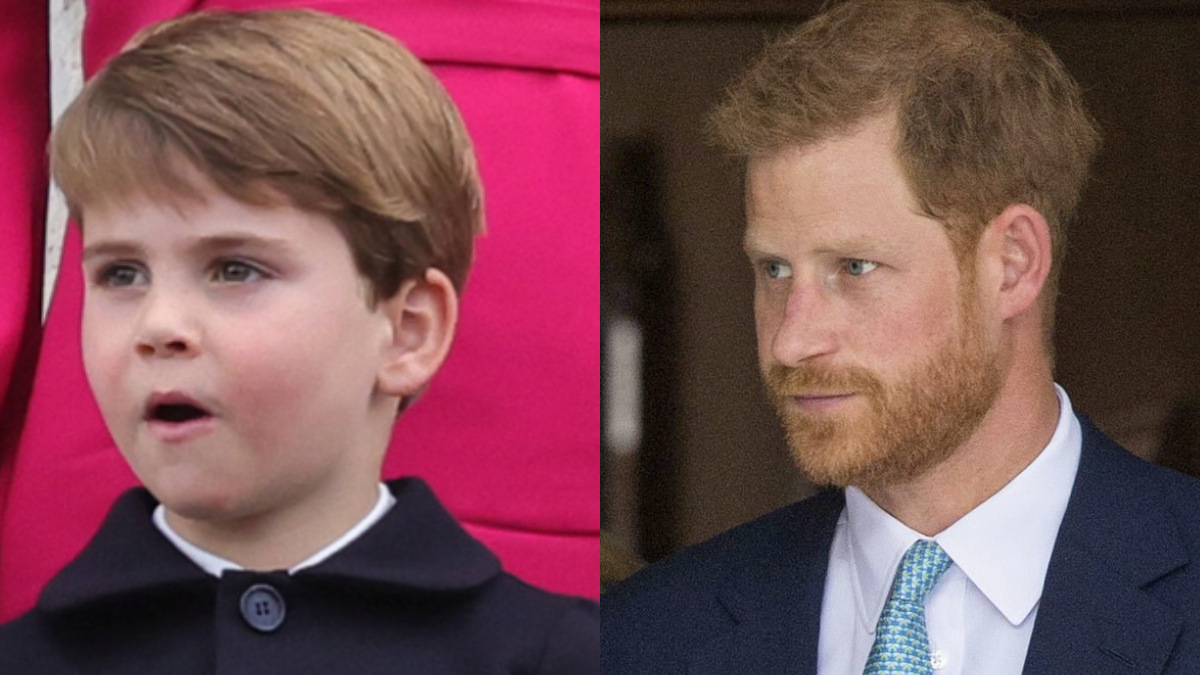Wigs pose dilemma for religious Jewish women
TEL AVIV, June 6 (Reuters) To wear them or not to wear them? That is the question for ultra-Orthodox Jewish women caught in a dilemma after the wigs that many of them wear to cover their hair under religious modesty regulations were found by rabbinical sages to violate Jewish law.
The problem arose about two years ago when Israeli rabbis discovered that hair cut from the heads of Hindu worshippers at Indian temples was being used to manufacture wigs worn by religious Jews.
''It was a big scandal because they found out that the hair that was collected in India was used in rituals for idol worship,'' said Amir Zahavi, the manager of a wig factory on the edge of Tel Aviv.
The hair used in such practices certainly can't be used to make wigs that ultra-Orthodox women wear under religious edicts that require all married Jewish women to cover their hair in public or when in the presence of men other than their husbands.
''It was a big problem and in a very short period of time most women stopped wearing wigs. There were cases in which wigs were burned in the street,'' Zahavi said.
The Indian hair controversy fuelled an already simmering debate in the world of ultra-Orthodox Jewry about whether wigs, known as ''sheitels'', should be worn at all.
Traditionally scarves were worn by married women to fulfil the requirement to cover their hair after marriage.
But some more modern ultra-Orthodox women began to wear wigs made from human or synthetic hair, sparking debate among devout Jews about whether wigs, which could be mistaken for real hair, violated the spirit of Judaism.
KOSHER WIGS The discovery about hair used in Hindu rituals caused pandemonium. Rabbinical experts went from wig factory to wig factory in Israel and abroad to ensure that wigs for the ultra-Orthodox market did not include hair from India.
The rabbinical emissaries granted certificates of kashrut, or approval, to wigs they found to be free of Indian hair in the same way that they issue stamps of approval to food products adhering to Jewish dietary rules.
''These days everything must be kosher. From food to mobile phones to kids' toys to even wigs,'' said Shalhevet Hasviel, a writer at a fashion magazine for ultra-Orthodox women.
As a result, prices for human hair wigs went through the roof. A wig made from Caucasian hair -- the most highly sought-after material -- could cost as much as 2,000 dollars.
Merchants travel through some of the poorest regions in the world to buy women's locks for the wig trade, paying around 5-10 dollars for a full head of hair and selling it to wig makers for anything from between 700 dollars and 2,000 dollars per kilo.
''It's very hard to get good quality hair,'' said Zahavi.
''You need virgin hair that hasn't been dyed and hasn't been highlighted, and it's getting harder and harder to get good hair that hasn't been coloured these days.'' Some rabbis prefer wigs over other head-coverings, noting that wigs prevent hair from slipping out and being seen by men.
Another consideration, they say, is that wigs allow Jewish women living abroad to blend into their society, reducing the risk they might be singled out for anti-Semitic attacks.
But other rabbis -- especially from Jewish communities of Middle Eastern descent -- are deeply opposed to women wearing wigs. Using hair to cover one's own hair, those rabbis say, violates the spirit of ritual law.
''You can buy wigs these days that are not modest and are of such good quality that they are more beautiful than the women's real hair,'' said Shelly, an ultra-Orthodox mother in Jerusalem, who wears a headscarf over her dark locks.
REUTERS CH VA KP0923


 Click it and Unblock the Notifications
Click it and Unblock the Notifications




